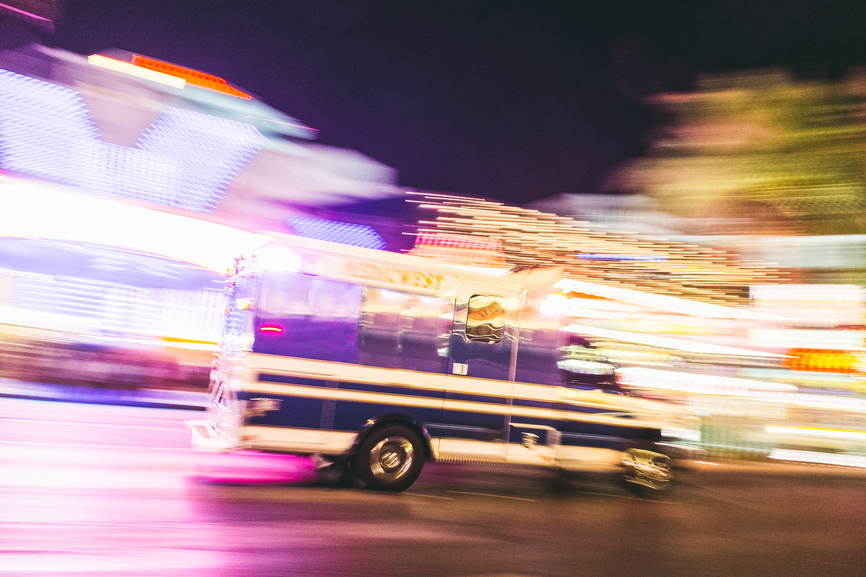The ongoing devastating wildfires of Fort McMurray, Alberta have resulted in the evacuation of more than 80,000 residents earlier this week. Despite the vast destruction, the fire has not caused injury or death at the time this story was posted but many have lost their homes and all their belongings.
The most vulnerable in these situations are children and seniors who do not always have a fire escape plan and may not recognize when they are in serious danger. Seniors may live in homes that do not have a clear escape route, working smoke detectors or someone to help them in an emergency if they are disabled.
Before disaster strikes, it is important to have a plan and rehearse with older adults what they should do in case of an emergency situation. Keep any plan very simple and post it in several places as a reminder. In the case of a physical disability, make transportation part of the evacuation plan. Removing tripping hazards and clutter from the home of a senior will help prevent injury and make escape easier.
A key part of any emergency plan is prevention. Older adults may need help keeping their home safer from wildfire by cleaning roofs and gutters, connecting garden hoses and removing wood piles, leaves or other flammable debris from near the structure.
In addition to planning an escape route and meeting place in case of fire or other emergency, the National Fire Protection Association recommends preparing an emergency supply kit which should be re-stocked with food, batteries and appropriate clothes every six months. Seniors should also keep a updated list of medications in the kit as well as giving a copy to a friend or family member. Emergency kits should be stocks with not only food, water, and clothes but also with medical necessities older adults may need such as oxygen, hearing aid batteries, spare glasses and a copy of important documents including health insurance cards, homeowner’s insurance policies, family contact numbers and power of attorney records.
Wildfire Safety Tips
- If you see a wildfire, call 911, don’t assume it has been called in already.
- Keep TV/Radio on for the latest weather update.
- Keep car fueled and stocked with emergency supplies: food, water, clothing, medicine.
- If you are ordered to evacuate – tell someone where you are going.
May 7 is National Wildfire Community Preparedness Day and the U.S. Department of Homeland Security has developed a website that details what actions to take if you receive a fire weather alert. The site also covers how to prepare for other natural disasters such as extreme heat, drought, earthquakes, floods and pandemics. Visit: https://www.ready.gov/wildfires to learn more.






Add Your Voice
0 Comments
Join the Discussion